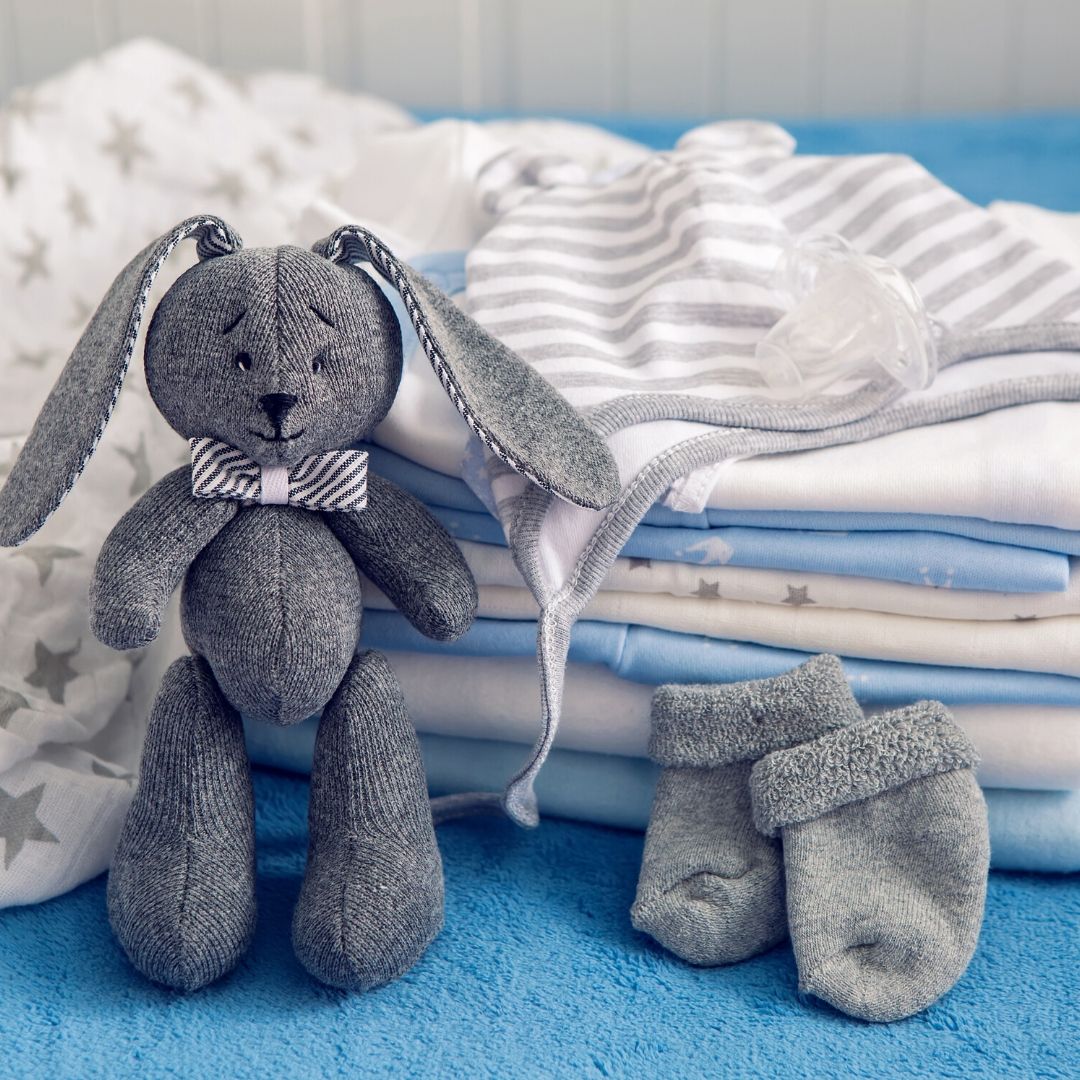
I’m a full time wheeler with CP, degree educated, great friendships, a kind of job, stylish, friendly, funny and flirty if the mood is right.

I’m a full time wheeler with CP, degree educated, great friendships, a kind of job, stylish, friendly, funny and flirty if the mood is right.

He’s glad that his friends and family have never ‘grilled’ him over having a disabled partner and have always been very accepting (which, of course, they should be. Sadly though, many aren’t).

planning a romantic weekend
away for you and your beau may require a bit more thought. So, we are here to help!
Here are three of our favourite spots

We made our way to the hospital and as we turned into the road of the hospital my waters broke in the back of the mini cab.
The cab driver, and my mum, were lost for words. Click the title of this article to read more

If something isn’t feeling right sexually or romantically to you, whether it’s to do with your partner’s kissing technique, or their ability to get you off, it’s best to voice things sooner

Picture the scene… the honeymoon period may technically be over in your relationship, but everything is still going swimmingly.
So should you move in together?

Becoming a parent someday is absolute #lifegoals, but it would be difficult for anyone to dispute that it is a BIG decision, not least for those of us who are disabled.
Click on article title to read more
Can you hear ringing, buzzing, hissing or even a whistling sound when others can’t? You may have tinnitus, a widely misunderstood (and very common) condition that affects around 20%, or 1 in 5, of us. Tinnitus can affect you regardless of your age and experience, and several factors can cause it, including exposure to loud sounds, hearing loss due to aging and even problems with circulation. Tinnitus can be inconvenient to some and extremely painful and even scary to others, but there are things that can be done to manage, and even improve it in some circumstances. Below are some of the most common myths relating to tinnitus – but don’t take our word for it; it’s vital that you book in to see an audiologist or health professional as soon as possible and get checked out. Not only can they properly diagnose your symptoms as tinnitus, they can also give you hints, tips and methods to handle it on a regular basis.
It’s never helpful when myths around certain medical conditions mask the facts. We hope this myth busting guide on tinnitus will give you the knowledge and confidence to live your life to its greatest potential, regardless of what obstacles may appear along the way.
Myth 1: Your Tinnitus Will Only Get Worse
False! Don’t believe it! Symptoms of tinnitus can swap and change, just like our moods or routine can. What you don’t often hear is that tinnitus symptoms can actually improve over time (and that can largely be down to those who have the condition learning how their body reacts to it, and changing certain routines or activities to mitigate as many negative variables as possible). If you feel that your tinnitus is changing or worsening at any point, do go and get checked out by a professional. Stress at work, tiredness and even too much earwax build-up can all be factors!
Myth 2: If You Have Tinnitus, You Will Lose Your Hearing
Plain and simple: tinnitus does not cause hearing loss. This misconception is one that is banded around a lot, and it really isn’t helpful to many people living with the condition. Instead, it’s useful to think of tinnitus as a symptom, or effect, of another issue, like prolonged noise exposure, for example. That’s not to say that tinnitus can’t create some negative outcomes; it can. Tinnitus can make it difficult to concentrate on a task that really requires your attention, and even get to sleep at times. And what can tiredness, stress and anxiety do? Yep, you guessed it! Make your tinnitus worse (sorry to be the bearer of bad news…)
If you have tinnitus and are having trouble sleeping, it might be worth making a mental note of the food and drink you consume before bed that might not help this. Too much caffeine, cheese or chocolate, whilst not being medically proven to worsen tinnitus, can sometimes affect your sleeping pattern, so these things might be best avoided when you are going through a particularly stressful time or feeling especially tired. Don’t do anything too drastic immediately though if you are a committed coffee drinker; a study by Deafness Research UK revealed that suddenly cutting caffeine can actually worsen symptoms.
Myth 3: Tinnitus Is A ‘Lost Cause’
We often hear of people being told that there is nothing that can be done to help manage or improve their tinnitus, and they simply have to get on with it, regardless of how many issues it is causing. Whilst it is true that a cure for tinnitus doesn’t yet exist, it equally isn’t a totally lost cause. First things first, go and see a professional to discuss exactly how your tinnitus affects you and how it has changed over time, and then have an online browse of a couple of options that might just help you out. For example, noise machines have been created to ensure that you are listening to pleasant, gentle sounds like rain drops or waterfalls instead of your own tinnitus as you fall asleep (and they might even help you in falling asleep faster!) If a noise machine works for you, you might also consider wearing a tinnitus masker. This sits in a similar way to a hearing aid, and ensures that those welcome sounds can become portable, wherever you are and whatever you may be doing. Some people also find keeping a food diary helpful. Some food and drink has been known to aggravate tinnitus, so perhaps keep one for yourself in order to manage yours. Last but not least, don’t underestimate the emotional impact that a condition like tinnitus can have: meditation may help you in navigating any stress or anxiety caused by your tinnitus – give it a try, and good luck!

Whether we’re going on a first date, sleeping together for the first time, proposing, getting married or having children, we can often feel a distinct amount of pressure when it comes

It’s no secret that not everyone can master every single position in the Karma Sutra, but there’s no reason why us disabled people can’t create our own! Whether you’re looking….
Read more by clicking